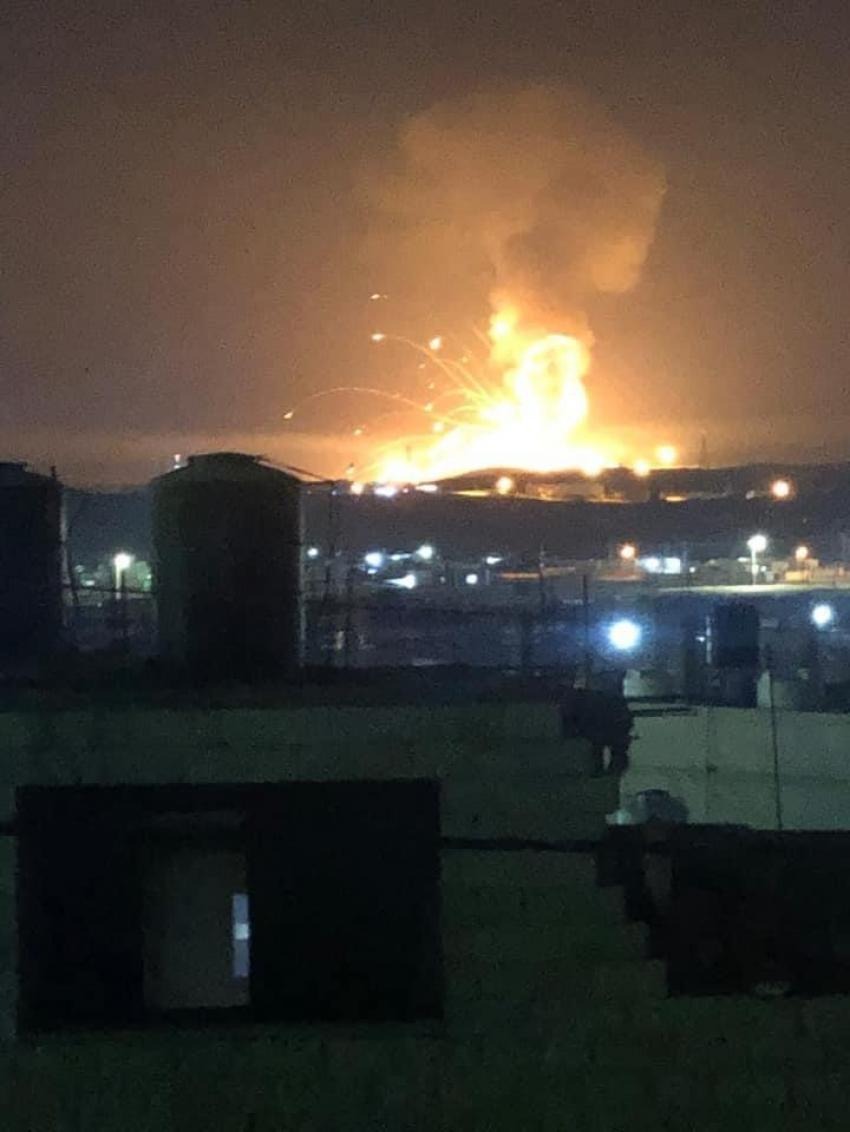Morocco warns of Sahel ‘time bomb’ after Daesh-linked cell busted
SALÉ, Morocco: The Sahel region of Africa is a ticking “time bomb” of terrorism and organized crime, a Moroccan police chief told AFP on Friday, a day after a suspected Daesh group-affiliated cell was busted.
“It was a dangerous cell primed to go into action at any moment,” Abdelhak Khiame, head of the Central Bureau of Judicial Investigation (BCIJ), said in an interview at its offices in Sale, near Morocco’s capital Rabat.
Five “extremists,” aged between 29 and 43, were detained Thursday in simultaneous operations at sites in Tangiers and the Rabat region, said the Central Bureau of Judicial Investigations.
Explosive belts, three kilograms (6.6 pounds) of ammonium nitrate, electronic equipment and bladed weapons were seized in raids on homes and businesses of the suspects, the bureau said.
Khiame said the Daesh-affiliated group was plotting suicide attacks targeting “public personalities, military figures and the headquarters of security services” in the North African kingdom.
Three kilos (6.5 pounds) of ammonium nitrate, the chemical behind the August 4 cataclysmic Beirut blast, was also netted.
Pledges of allegiance to the Daesh were discovered. Two of the suspects put up “fierce resistance,” leaving a policeman with serious knife wounds.
The alleged head of the group, a 37-year-old fish salesman, had been convicted of a common law crime in 2004 and radicalized since.
Khiame said it was the first such large-scale bust since the 2003 Islamist suicide attacks in Casablanca, Morocco’s economic capital, that left 33 dead.
He warned that Daesh “has developed in the Sahel-Sahara region, with the conflict in Libya and in countries like Mali which do not control not their security.”
The Sahel covers western and north-central Africa.
“Terrorist cells and terrorism are growing in the region but also organized crime networks, drug trafficking, weapons and human beings,” said the BCIJ chief.
“All of this… makes the Sahel region, in my opinion, a time bomb.”
Khiame said the dismantled cell had apparently had no direct contact with the extremists of Daesh.
But “even if Daesh was defeated in the Levant, in the region of Syria and Iraq, its ideology… does not need territory, it can develop where it finds sympathizers,” he said.
Daesh-inspired “cells underground act like sleeper cells which in most cases have no relationship to each other,” he said.

Sahel allies have ‘shifted the dynamic’ in fight with extremists: Macron3,000-strong African force planned against Sahel extremism




